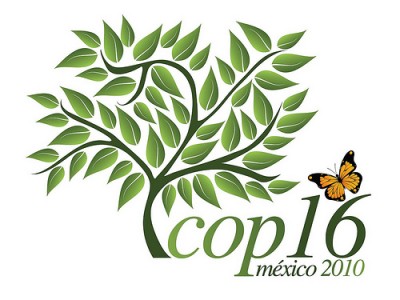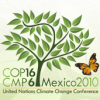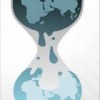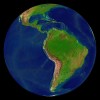Stories about U.S.A. from December, 2010
COP 16: Young Bloggers Track Negotiations
Adopt a Negotiator, part of the TckTckTck campaign focusing on climate change, is an initiative where several young people from different parts of the world become “trackers.” Their role is to be interpreters and communicators of what their national delegations say and do at the UNFCCC conferences on Climate Change.
Australia: Cancún Half-time Scores
GV author Kevin Rennie samples what Australians have been saying online about the 16th edition of the Conference of the Parties of the United Nations Framework Convention on Climate Change or COP16 in Cancun, Mexico
MENA: The War on Wikileaks
Safe Net. Middle East takes a closer look at attempts to censor Wikileaks‘ latest US Embassy Cables.
Lebanon: Sensational Wikileaks Scandal Sparks Debate
While Wikileaks are yet to release the bulk of the 2,045 US diplomatic cables it holds on Lebanon, the few it has thus far leaked have stirred the blogosphere. Bloggers respond to the sensational revelations found in the cables.
Iran:Iranians vs. US Navy
BlogPost writes “Iranians have taken to Facebook to show their displeasure, writing messages of support for “Persian Gulf” on the U.S. Navy's Facebook page. All day, messages such as: “It's not A.R.A.B.I.A.N gulf. It was PERSIAN gulf.”
Ukraine: WikiLeaks on Russian Officials and Holodomor
Steve Bandera of Kyiv Scoop writes about the WikiLeaks’ cables that mention high-ranking Russian officials discuss the 1932-33 famine in Ukraine (Holodomor).
Russia: WikiLeaks’ Putin-Berlusconi Story
At The Daily Beast, Julia Ioffe comments on WikiLeaks’ revelations about the relationship between the Russian PM Vladimir Putin and his Italian counterpart, Silvio Berlusconi.
Slovenia: Correcting the Cablegate Story
Piran Café and Sleeping With Pengovsky (here and here) are sorting out WikiLeaks’ content pertaining to Slovenia.
WikiLeaks’ Julian Assange: Oz Hero or Villain
WikiLeaks' Julian Assange is either a hero or a villain in his home country of Australia. Many people, both here and abroad, are demanding the head of the WikiLeaks founder. Others see him as a peoples' champion.
Azerbaijan: First Lady responds to mafia claims… on Twitter
With the latest revelations from Wikileaks including an alleged confidential cable from the U.S. Embassy in Baku, Azerbaijan, comparing the president to a mafia boss, and his dynasty to the fictional Corleones of Godfather film fame, a Twitter account, apparently that of his wife, responds. The Twitter account materialized a...
Jamaica: The Wikileaks Discussion
Jamaican diaspora blogger Grasshopper Eyes The Potomac says that “the wikileaks debate or discussion will be and should be about what needs to be put in front of the eyes of the general public.”
Latin America & Cablegate: Analysis, Reactions & Questions
Cables from United States embassies in several Spanish-speaking Latin American countries, including Argentina, Paraguay, Venezuela and Honduras, have been released as part of WikiLeaks' "Cablegate". Bloggers in the region are analyzing the cables and what they mean to their individual countries and to Latin America as a whole.




